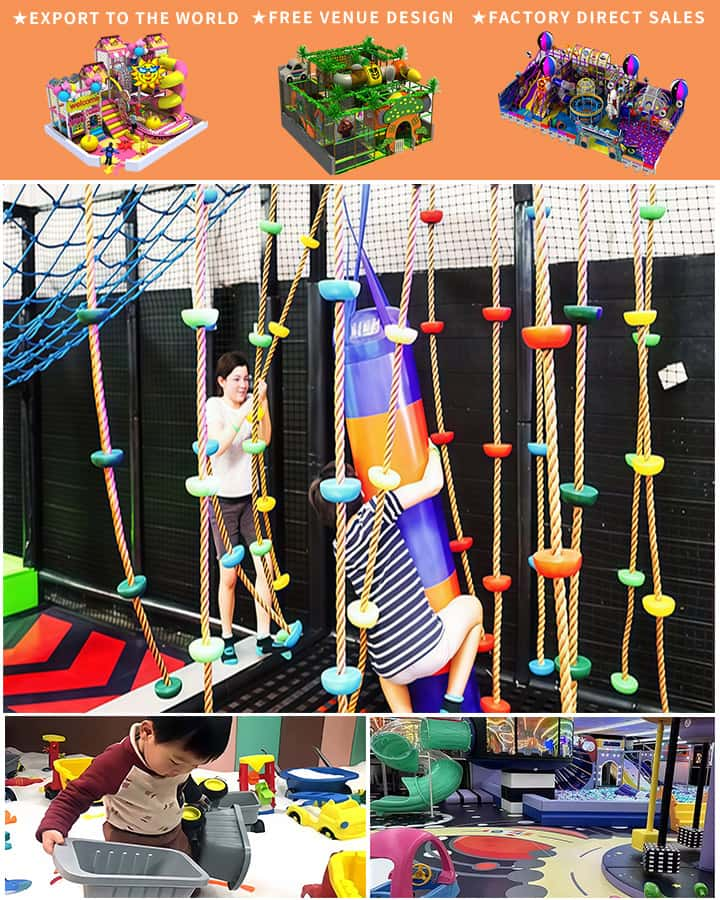Playgrounds are essential spaces for children to engage in physical activity, socialize with their peers, and develop crucial motor skills. However, ensuring the safety of these recreational areas is paramount. One critical aspect of maintaining playground safety involves regularly checking the equipment that children use. This article delves into why it’s crucial to inspect playground equipment, the benefits of such checks, and the steps involved in performing them.
Why Regular Equipment Checks Are Crucial
Preventing Injuries
Playground injuries can range from minor scrapes to serious fractures or even more severe conditions. Faulty or deteriorating equipment is a significant risk factor for these injuries. By conducting regular inspections, you can identify and address potential hazards before they cause harm to children.
Enhancing Longevity of Equipment
Routine checks not only ensure safety but also extend the lifespan of playground equipment. Catching issues early—like rust, loose bolts, or wear and tear—prevents them from escalating into more significant problems requiring expensive repairs or replacements.
Compliance with Safety Standards
Most jurisdictions have specific safety regulations concerning playground equipment. Regular inspections help ensure compliance with these standards, avoiding legal repercussions and demonstrating due diligence.
Benefits of Regular Inspections

Peace of Mind for Parents
Knowing that your child’s playground is safe allows parents to let them play without undue worry. Regular inspections provide reassurance that the environment supports both fun and safety.
Community Trust and Engagement
A well-maintained playground reflects positively on the community. It encourages families to spend time outdoors and fosters a sense of community engagement. When residents see that local authorities care about their safety, they are more likely to participate in and support community activities.
Cost-Effective Maintenance
Addressing small issues before they become large problems is more economical in the long run. Regular inspections can save communities significant amounts in repair costs by preventing major breakdowns and ensuring that the equipment remains usable for longer periods.
Steps to Conduct Effective Inspections
Visual Checks
Start with a thorough visual inspection of all playground equipment. Look for obvious signs of damage, such as cracks, splinters, rust, and corrosion. Pay special attention to high-traffic areas like swings, slides, and climbing structures.
Manual Tests
Engage with the equipment as if you were a child. For instance, give the swings a gentle push to check for stability and test the slides by sliding down to make sure they are smooth and free of obstructions. Ensure that any moving parts operate smoothly without unusual noises or resistance.
Structural Assessments
Check the structural integrity of the playground components. Look under and around the equipment to ensure there is no hidden damage. Tighten any loose bolts or screws and replace any missing or damaged parts immediately.
Safety Surfacing Inspection
The material beneath and around the equipment is just as important as the equipment itself. Inspect safety surfaces like mulch, rubber mats, or sand for depth and condition. Replace any worn or displaced materials to maintain cushioning and impact absorption.
Record Keeping
Maintain detailed records of each inspection, including the date, findings, and any repairs made. These logs serve as a valuable reference for ongoing maintenance and demonstrate a commitment to safety.
Professional Inspections
While routine visual and manual checks can be performed by staff or volunteers, professional inspections should be conducted at least once annually. Experts can identify less obvious issues and provide comprehensive evaluations to ensure all safety standards are met.
Conclusion
Regularly checking children on playground equipment is an indispensable practice for safeguarding young users, extending the life of the playground, and complying with safety regulations. By implementing systematic inspection protocols, communities can create safer, more enjoyable play environments that benefit children’s physical health and overall well-being. Prioritizing playground safety today ensures a brighter, injury-free tomorrow for all who visit these cherished spaces.




